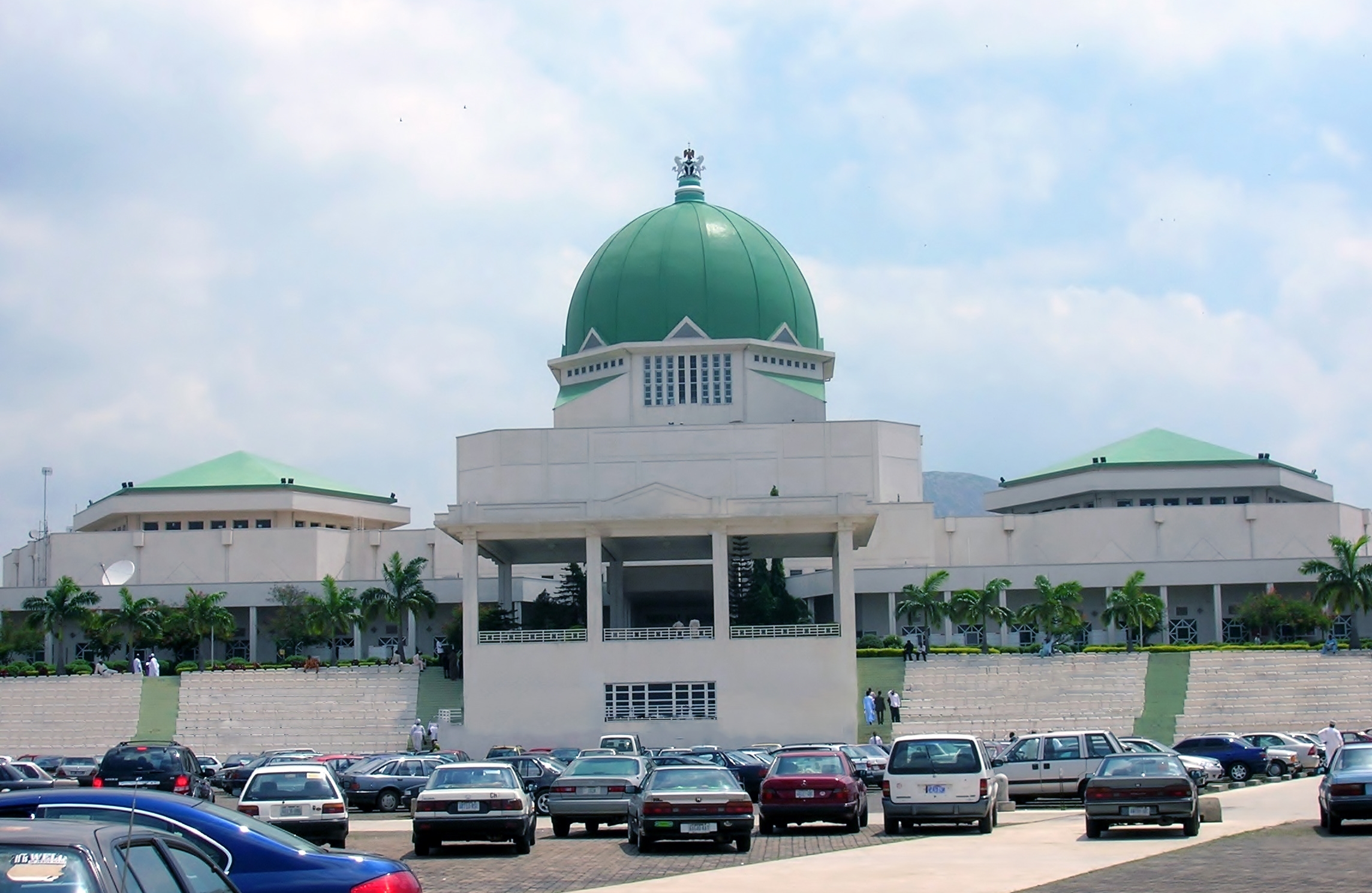
Group seeks total rejection
The Conference of Nigeria Political Parties (CNPP) has charged President Muhammadu Buhari to investigate the circumstances behind introduction of the Infectious Diseases Bill in the National Assembly.
Expressing its readiness to work with pro-democracy and civil society groups to ensure that the sponsors of the bill were probed, it also demanded that Senate President, Ahmad Lawan and Speaker, House of Representatives, Femi Gbajabiamila should step aside to pave way for an independent investigation.
In a statement issued yesterday, CNPP’s Secretary General, Willy Ezugwu, recalled how an Italian parliamentarian, Sara Cunial, who addressed parliament earlier this month implied that Bill Gates should face charges at the International Criminal Court (ICC) over crimes against humanity for consistently championing compulsory vaccination against COVID-19.
“It is not for nothing after all that the CUPP accused some members of the National Assembly of taking bride to push through the planned compulsory immunisation law.
“Recent reports have revealed that Bill Gates predicted a pandemic in 2018 and simulated in October 2019 at the “Event 201,” together with Davos (Switzerland).
“Bill Gates was quoted as saying, “If we do a good job on vaccines, health and reproduction, we can reduce world population by between 10 and 15 per cent. Only a genocide can save the world,” which raised more suspicion about the intended purpose of his vaccine,” the statement added.
Meanwhile, the Foundation of African Cultural Heritage (FACH) has canvassed total rejection of the Control of Infectious Diseases Bill 2020 in the National Assembly.
There have been controversies over bill for an Act to Repeal the Quarantine Act and Enact the Control of Infectious Diseases Act. Proponents of the bill had argued that its essence was to replace the quarantine act and take care of limitations to the Nigeria Centre for Disease Control (NCDC) in curbing the spread of diseases.
Speaking with The Guardian in Lagos, Spokesman of the group, Chike Chude, said about 97 per cent of the content of the bill was copied from Singapore, saying, “The implication of copying a law from a country with a different historical and socio-political trajectory into a different country like ours with a dissimilar history will certainly run into troubled times like the present crisis.
“The irony of the whole exercise is the attempt to bring the Nigeria Quarantine Act of 2004 (updated from 1926) up to date by seeking recourse to Singapore’s Quarantine Act of 1977, a 43-year legislation created under a one-party socialist government.”
